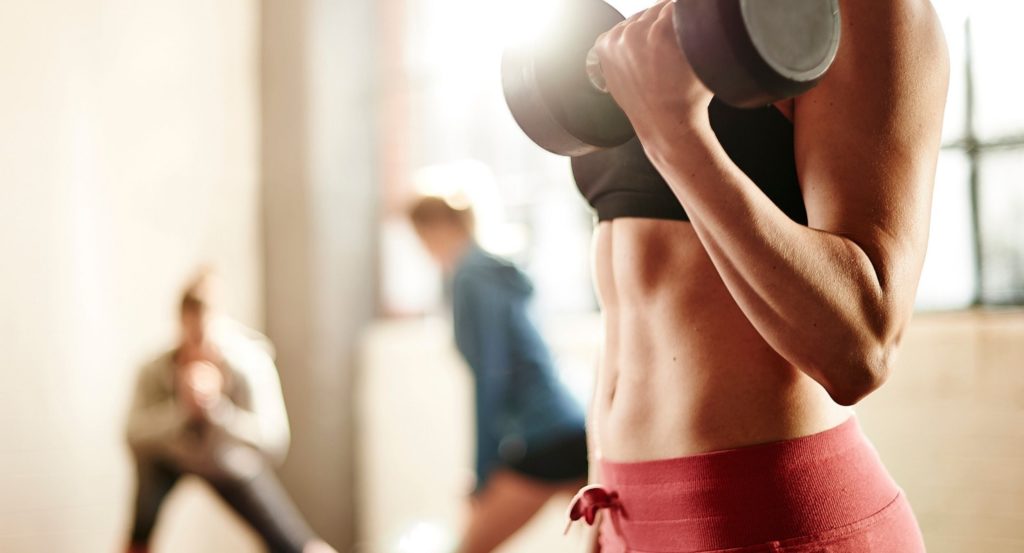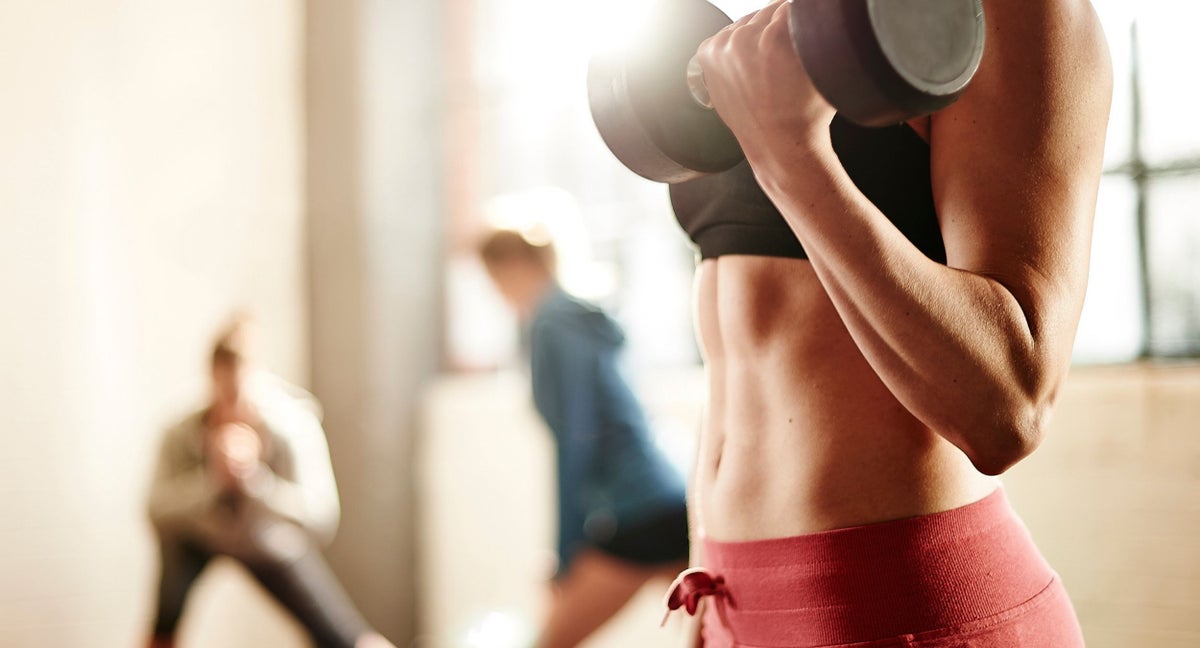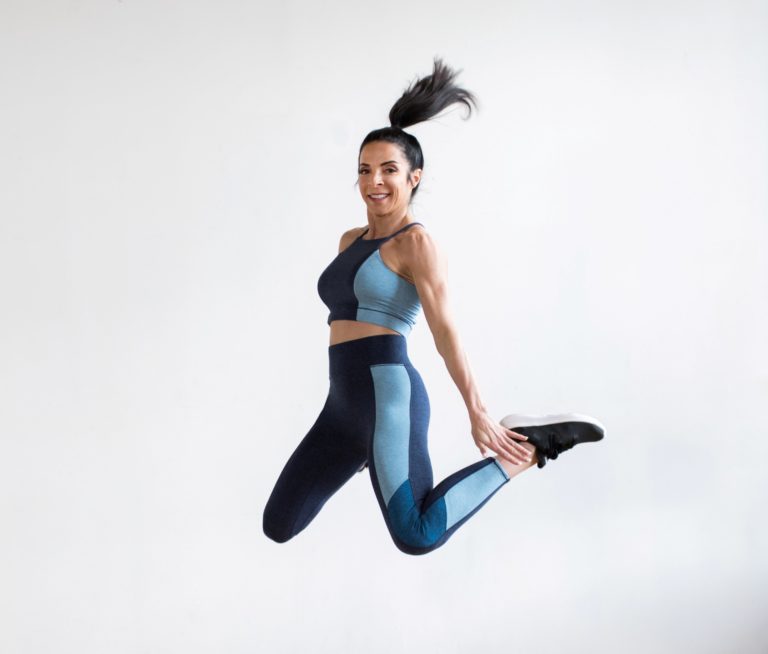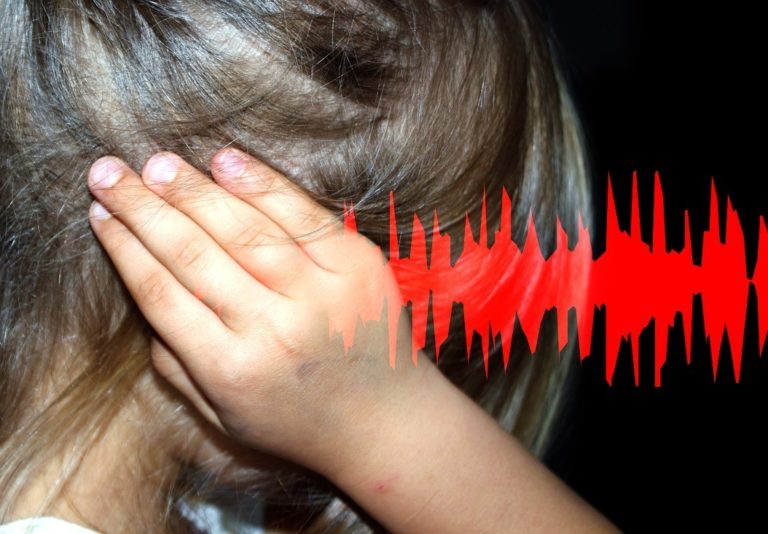
Exercise for Better Sleep: Resistance Training vs. Aerobic Training

Get full access to Outside Learn, our online education hub featuring in-depth fitness and nutrition courses and more than 2,000 instructional videos when you
sign up for Outside+.
Given the numerous health benefits of catching adequate Z’s, we’re always in search of strategies to help us sleep the best at night — and a soon-t0-be-published study on the sleep benefits of resistance training vs. aerobic training delved into details you’ll want to take note of.
“Aerobic activity is often recommended to improve sleep, yet very little is known about the effects of resistance exercise versus aerobic exercise on sleep,” study author Angelique Brellenthin, Ph.D., assistant professor of kinesiology at Iowa State University in Ames, Iowa, said in a press release. “… Our study is one of the largest and longest exercise trials in a general adult population to directly compare the effects of different types of exercise on multiple sleep parameters.”
The American Heart Association presents evidence that one out of the two types of training may improve sleep better than the other. Researchers enrolled 386 adults considered overweight and divided them into four groups: one inactive group, one group that participated in aerobic training, one group that participated in resistance training and a fourth group on a combination regimen.
The aerobic exercise group did workouts on the treadmill, upright or recumbent bikes or the elliptical. The resistance exercise group did workouts involving sets and repetitions on 12 resistance machines such as the leg press, chest press, lat pulldown, leg curl, leg extension, biceps curl, shoulder press, etc. The combination group did workouts like 30 minutes of aerobic exercise at a moderate intensity plus two sets of 8-16 reps of resistance machine work.
The study found that resistance training participants began sleeping an average of 40 minutes more than usual, the aerobic exercise group slept 23 minutes more and the combined exercise group slept about 17 minutes more.
Also, sleep efficiency increased in the resistance training group and the combined exercise group, but not the aerobic exercise group. Based on these findings, researchers conclude that resistance training may be a new way to not only improve cardiovascular health but to help you sleep better, too.
“While both aerobic and resistance exercise are important for overall health, our results suggest that resistance exercises may be superior when it comes to getting better ZZZs at night,” Brellenthin said. “Resistance exercise significantly improved sleep duration and sleep efficiency, which are critical indicators of sleep quality that reflects how well a person falls asleep and stays asleep throughout the night.”
Published at Thu, 24 Mar 2022 14:28:29 -0700






